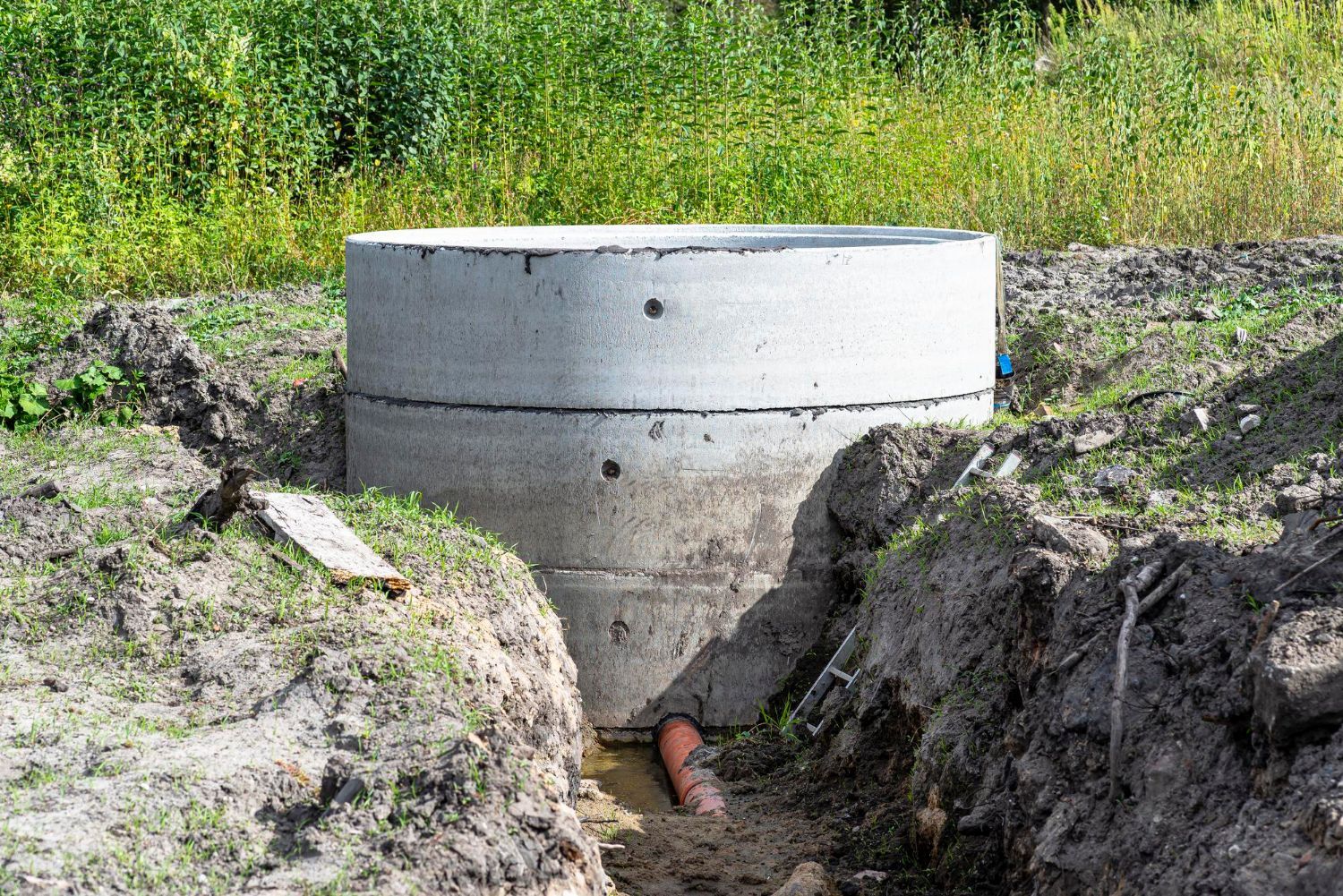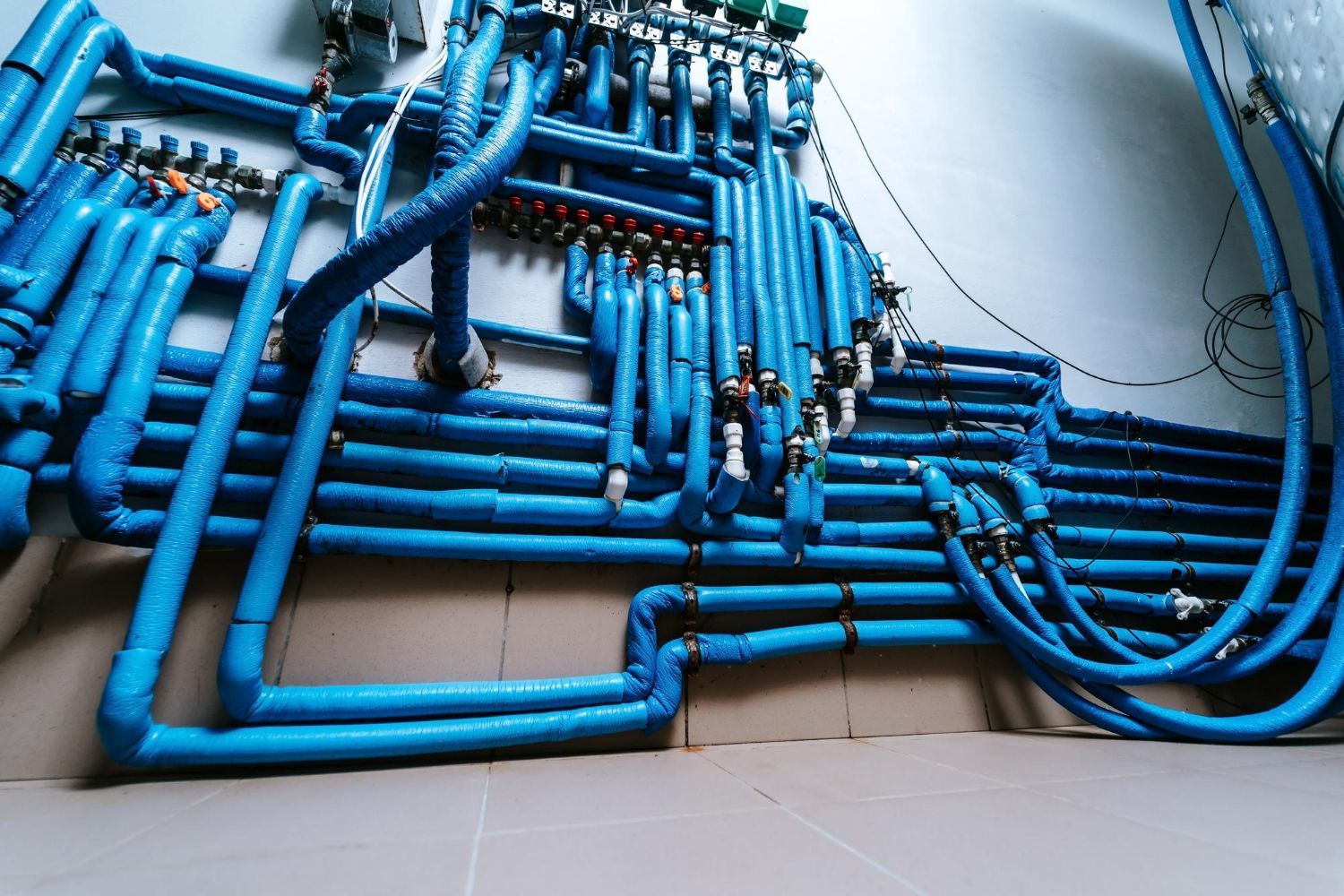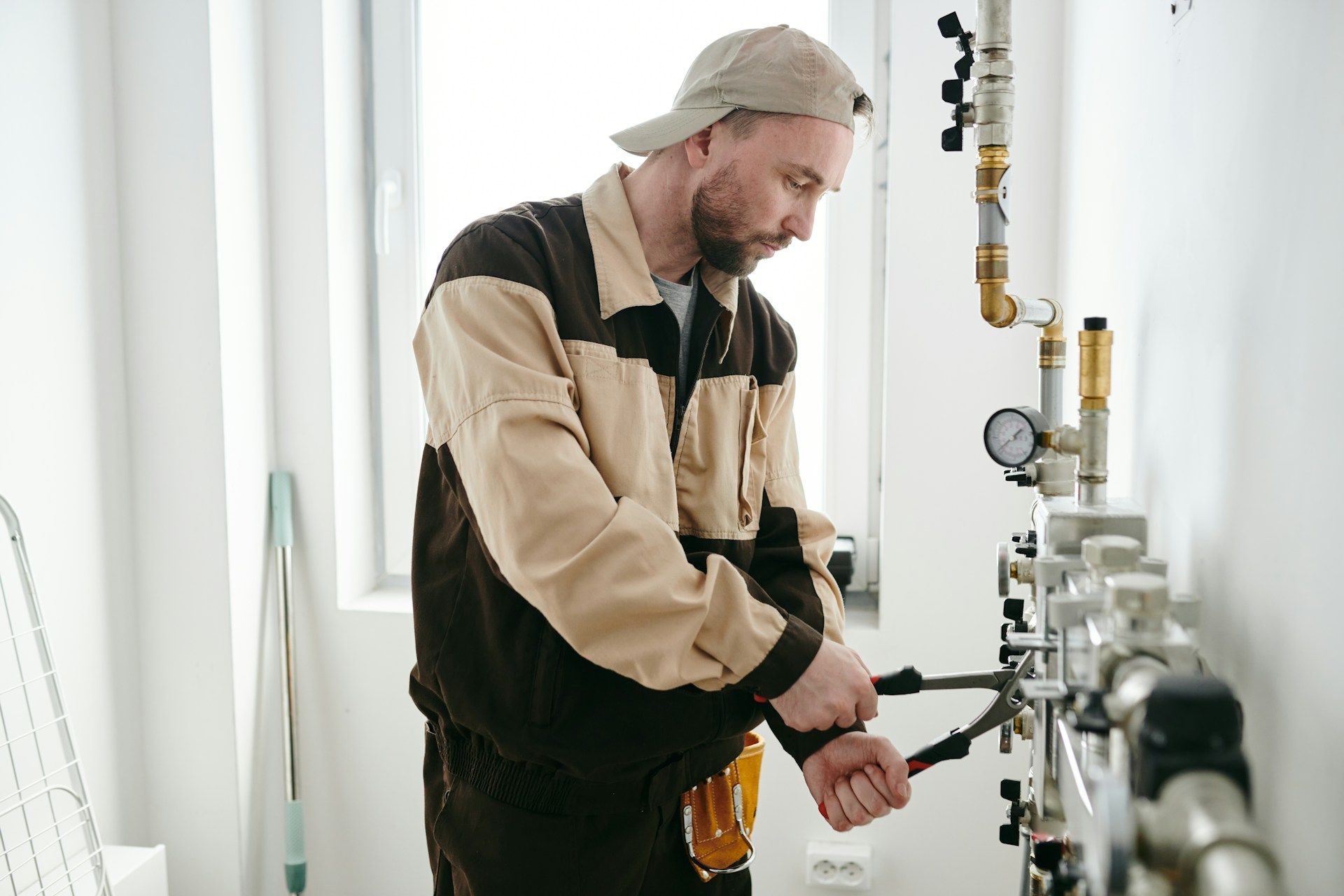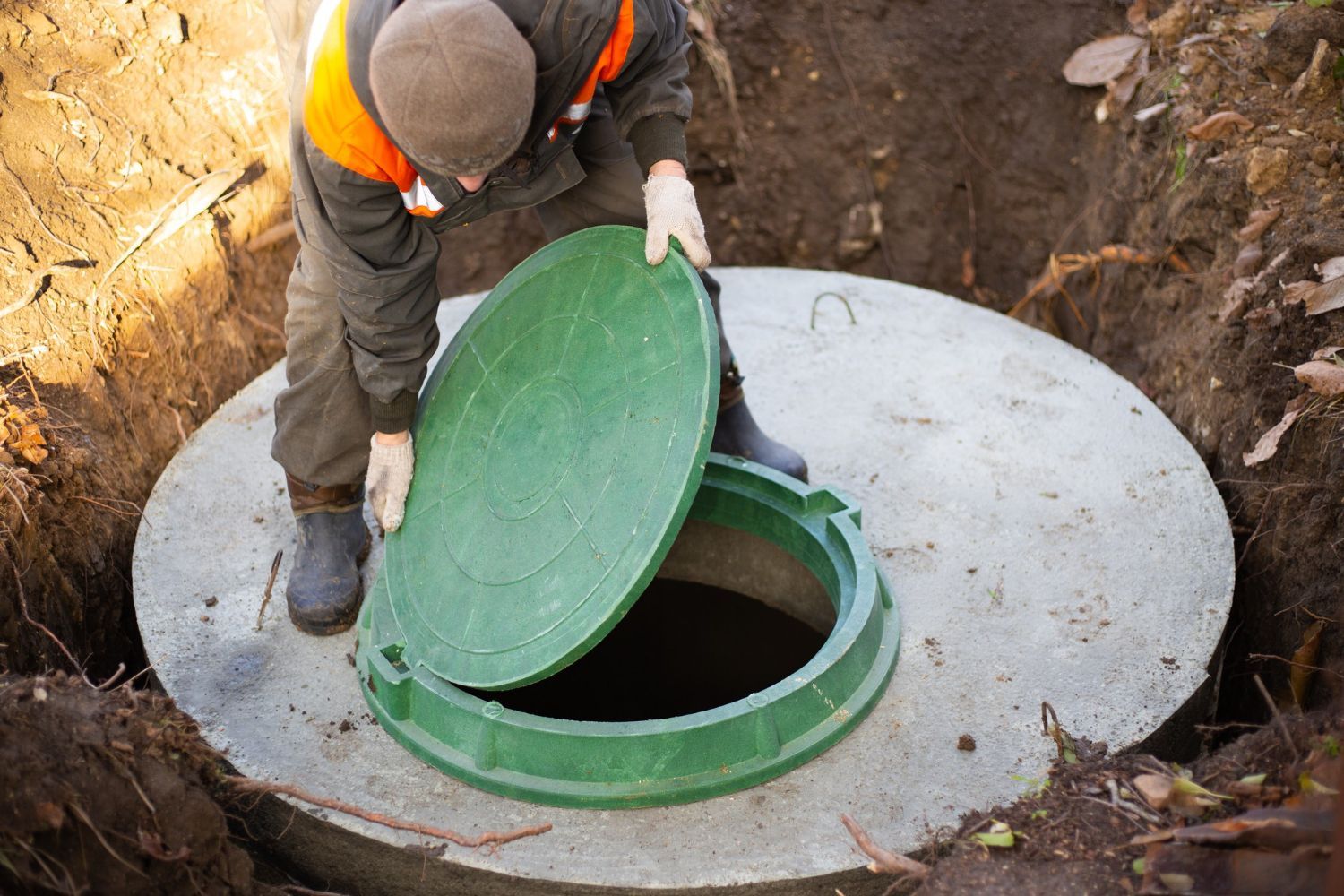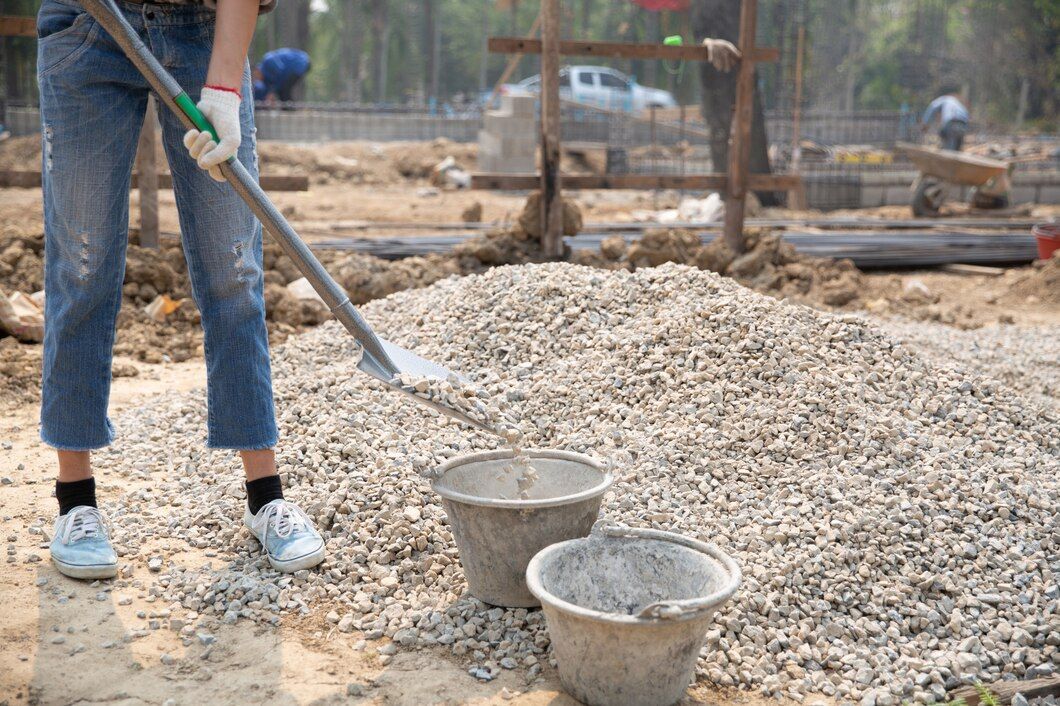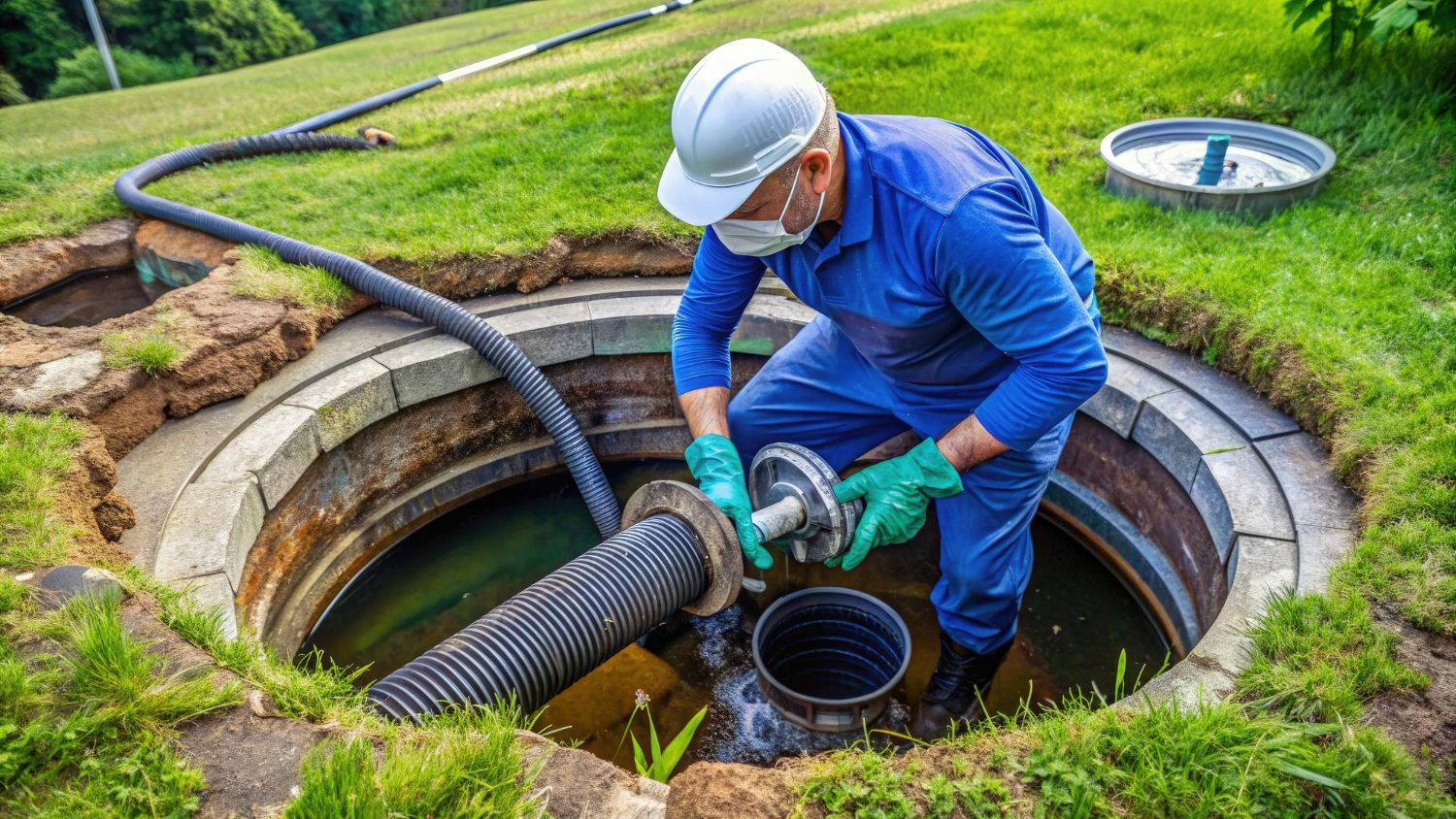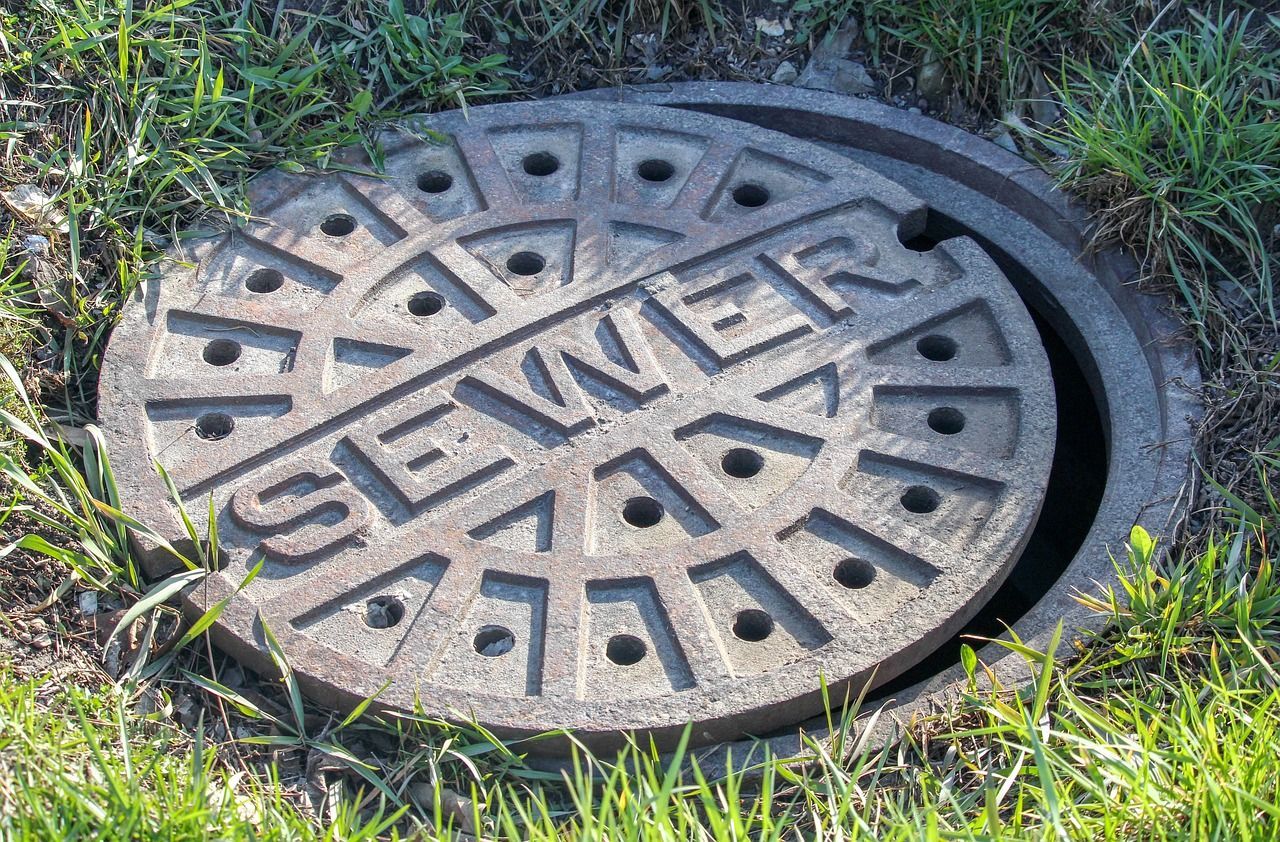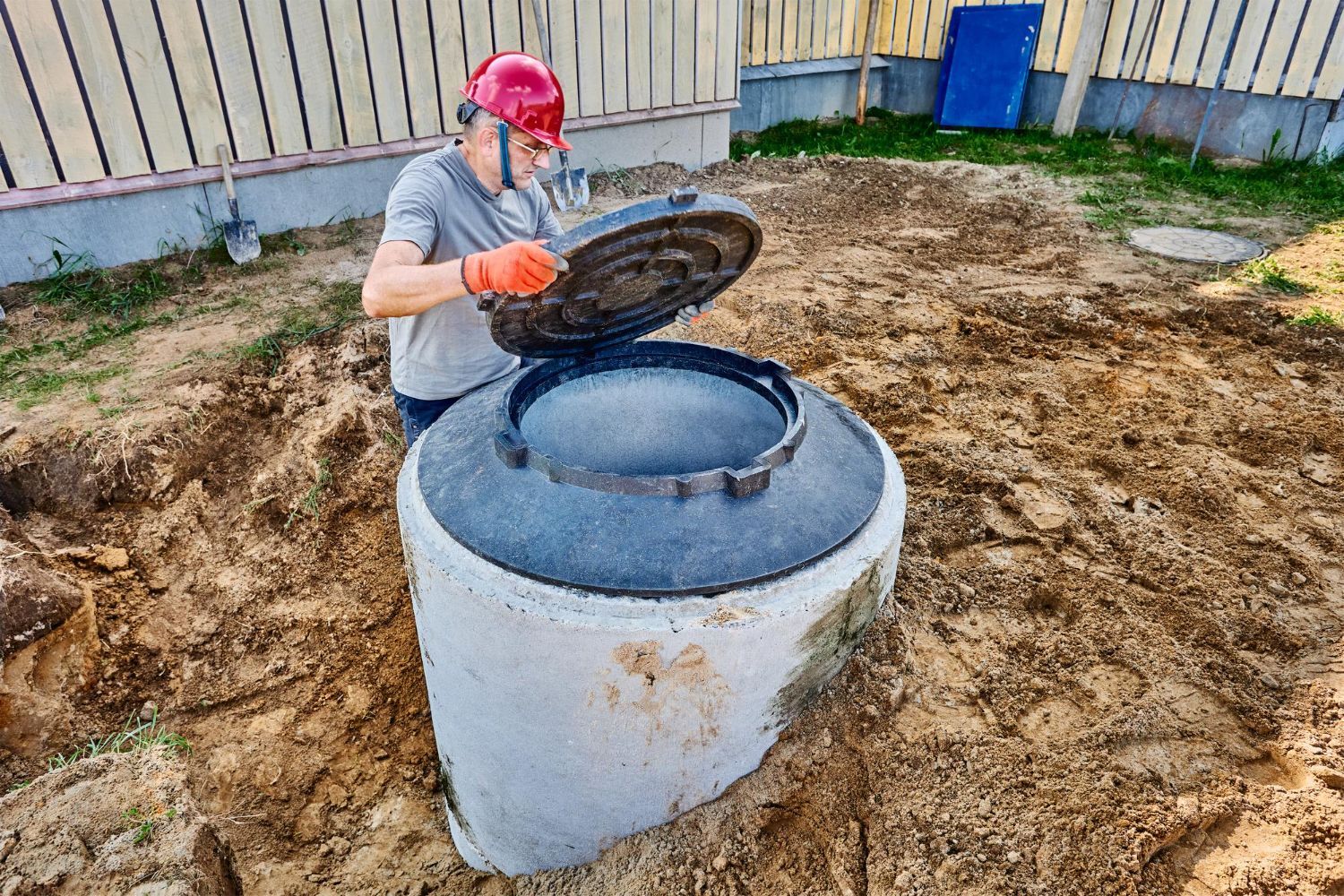Must-Know Plumbing Tips for Your Business
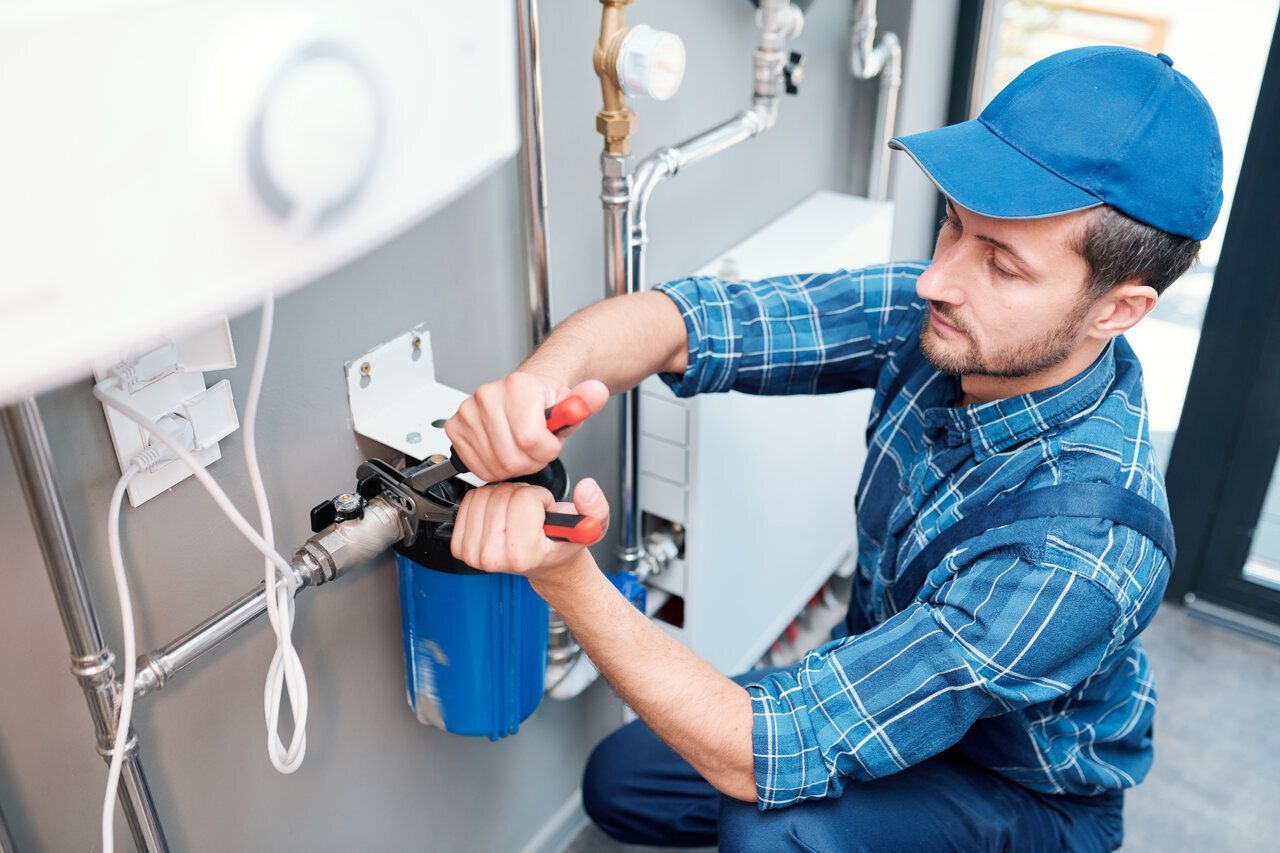
Running a business comes with many responsibilities, and maintaining a functional plumbing system is one of them. A smooth-running plumbing system is essential for keeping your business operations flowing efficiently. Whether you run a busy restaurant, an office space, or a retail store, understanding key plumbing tips can save you from unexpected problems and costly repairs down the line.
In this article, we’ll explore easy-to-follow tips that can help you maintain a robust plumbing system for your business. With the right knowledge, you can tackle plumbing issues with confidence and ensure your business runs without a hitch.
Preventative Maintenance for Commercial Plumbing
Preventative maintenance is key to avoiding costly plumbing problems. Regular check-ups can help you catch small issues before they become big headaches. Here are some simple steps to maintain your plumbing system:
1. Regular Inspections: Schedule routine inspections to check for leaks, corrosion, or other signs of wear and tear. A professional can spot issues you might miss and suggest repairs to prevent bigger problems.
2. Clean Drains and Pipes: Build-up in your drains and pipes can lead to clogs. Use safe drain cleaners or call a professional service to regularly clean your pipes. This helps prevent blockages that could cause backups or floods.
3. Check Water Pressure: High water pressure can strain your pipes, leading to leaks or bursts. Use a water pressure gauge to ensure your pressure stays within the recommended range. Installing a pressure regulator can help keep the pressure at a safe level.
4. Maintain Water Heaters: Your water heater needs regular maintenance to perform well. Flush it annually to remove sediment and check the temperature setting to avoid overheating. This ensures a steady supply of hot water and extends the life of your heater.
5. Test Shut-Off Valves: Knowing how to shut off the water supply quickly is crucial in an emergency. Regularly test your shut-off valves to make sure they work properly, and instruct your employees on how to use them.
By following these preventative measures, you can keep your plumbing system in good shape and avoid unexpected disruptions to your business.
Managing High-Traffic Bathrooms
Managing high-traffic bathrooms is essential for businesses that see a lot of visitors. Keeping these facilities clean and functional not only keeps customers happy but also prevents plumbing problems. Here are some tips to manage high-traffic bathrooms effectively:
1. Frequent Cleaning: High-traffic bathrooms require more frequent cleaning. Regularly clean toilets, sinks, and floors to maintain hygiene and identify potential issues like slow drains or leaks early on.
2. Install Durable Fixtures: Choose durable fixtures designed for commercial use. Heavy-duty toilets, sinks, and faucets can withstand frequent use and are less likely to break or wear out quickly.
3. Provide Proper Supplies: Ensure that soap, paper towels, and toilet paper are always stocked. Empty dispensers can lead to misuse of plumbing fixtures, causing clogs and other problems.
4. Monitor for Leaks: Keep an eye out for signs of leaks, such as pooling water or damp spots. Addressing leaks early prevents water damage and reduces water waste.
5. Educate Staff and Customers: Place signs in the bathrooms to encourage proper use. Remind users not to flush items like paper towels or sanitary products, which can cause clogs.
6. Regular Inspections: Have a maintenance schedule that includes regular inspections of pipes, valves, and fixtures. This helps catch small issues before they turn into major problems.
7. Emergency Preparedness: Train your staff on how to handle plumbing emergencies. Knowing how to shut off the water supply and who to call can minimize damage and downtime.
By implementing these tips, you can maintain high-traffic bathrooms effectively, ensuring they stay clean and functional for both staff and customers.
Tips for Dealing with Plumbing Emergencies
Plumbing emergencies can happen unexpectedly, and knowing how to react can save your business from significant damage. Here are some key steps to manage plumbing emergencies effectively:
1. Turn Off the Water Supply: The first step in any plumbing emergency is to turn off the water supply to prevent further damage. Locate the main shut-off valve and make sure everyone knows where it is. Shutting off the valve quickly can minimize flooding and water damage.
2. Assess the Situation: Once the water is turned off, assess the issue. Identify the source of the problem, whether it's a burst pipe, a major leak, or a clogged drain. Understanding the root cause helps you decide your next steps more effectively.
3. Contain Leaks: Use buckets, towels, or other materials to contain leaks and prevent water from spreading. This can help protect your property and reduce the cleanup needed later.
4. Call a Professional: Contact a professional plumber immediately. Experienced plumbers have the tools and knowledge to handle emergencies effectively. Keep emergency contact numbers handy for such situations.
5. Communicate with Staff and Customers: Inform your staff and customers about the situation and any safety precautions they need to follow. Clear communication helps ensure everyone stays safe and informed about any temporary disruptions.
6. Document the Damage: Take photos and notes of the damage and the steps you’ve taken. This information can be useful for insurance claims and future reference.
By following these steps, you can manage plumbing emergencies promptly and efficiently, minimizing the impact on your business.
Upgrading Your Plumbing System for Efficiency
Upgrading your plumbing system can lead to significant savings in both water and energy usage. Efficient plumbing systems also reduce the risk of future problems. Here are some tips for making your plumbing system more efficient:
1. Install Low-Flow Fixtures: Low-flow toilets and faucets use less water without compromising performance. This simple upgrade can lead to substantial savings on your water bill over time.
2. Use Energy-Efficient Water Heaters: Invest in energy-efficient water heaters, such as tankless models or those with high Energy Star ratings. These heaters use less energy and provide hot water on demand, which can lower your utility bills.
3. Upgrade Pipes and Insulation: Older pipes can be prone to leaks and blockages. Upgrading to modern materials like PEX or copper ensures durability and better water flow. Adding insulation to hot water pipes also reduces heat loss, saving energy.
4. Install Automated Systems: Consider installing automated systems like leak detectors and smart water meters. These devices can alert you to potential issues before they become major problems, and they help you monitor your water usage more closely.
5. Regular Maintenance: Keep your upgraded system running smoothly with regular maintenance. Schedule routine inspections to ensure everything is working efficiently and to catch any small issues early.
By taking these steps to upgrade your plumbing system, you not only improve efficiency but also enhance the overall reliability and performance of your plumbing infrastructure.
Conclusion
Efficient plumbing is crucial for any successful business. Following essential maintenance tips, managing high-traffic bathrooms, knowing how to handle emergencies, and making smart upgrades can all contribute to a robust plumbing system. Addressing these aspects not only ensures smooth operations but also prevents unexpected disruptions that could affect your bottom line.
Plumbing issues can be daunting, but they don’t have to be. With the right knowledge and approach, maintaining a reliable plumbing system for your business becomes manageable. If you need professional help with any of your plumbing needs, Apollo Sewer & Plumbing is here to assist. Reach out to us for
24-hour plumber services to ensure your business's plumbing works flawlessly and keeps your operations running smoothly.

